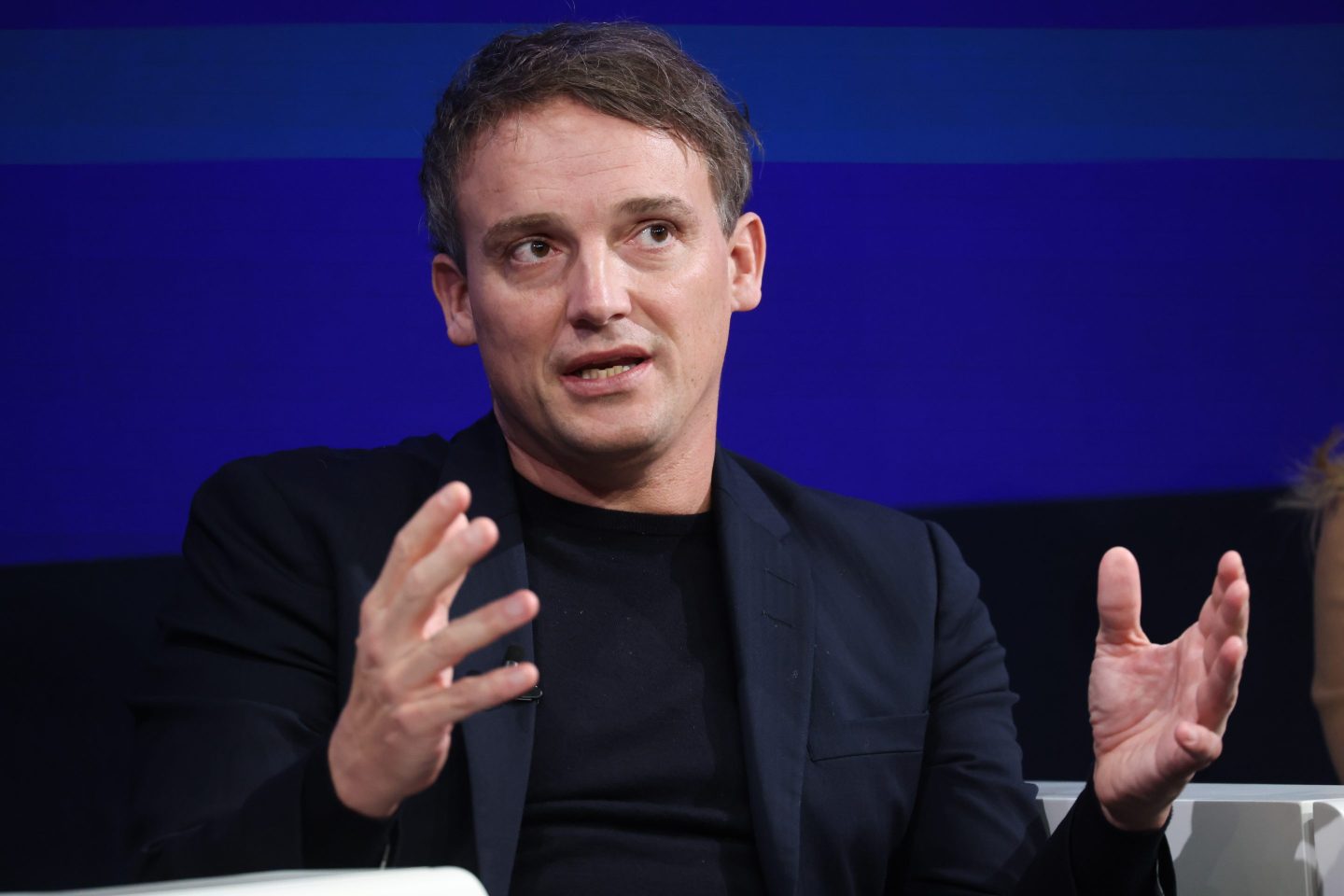Booming corporate earnings and a slumping labor market have been telling very different stories lately, and AI is the likely explanation, according to Chen Zhao, chief global strategist at Alpine Macro.
That dichotomy is exemplified in the tech sector, which has seen profits soar while employment has been in a “recession” for three years, he said in a Monday note titled “A Jobless Profit Boom.”
“We suspect that job losses in tech have been driven mainly by AI displacement,” Zhao added, pointing to recent cuts at Amazon, Meta and Salesforce. “These layoffs, however, are happening amid exceptionally strong profit growth in these companies—a significant departure from the past, when job cuts typically followed declining profitability.”
This jobless profit boom isn’t limited to the tech sector and has quickly become an economy-wide phenomenon, he said.
In fact, while overall private-sector payrolls have rebounded from the early days of COVID, it is still 5% below where the pre-pandemic trend would have been by this time.
“In other words, there has been a permanent loss of jobs since the pandemic crisis, even as corporate profits have surged to record highs,” Zhao said.

At the same time, productivity has been surging in recent years, and it is currently growing more than twice as fast as it did in the previous decade.
Zhao thinks AI is the reason and noted the technology is displacing labor at an accelerating pace. But while labor demand is down, aging demographics and President Donald Trump’s immigration crackdown have weakened labor supply as well.
Those trends have created a new equilibrium that are keeping a lid on unemployment even as hiring stays subdued.
“Under normal circumstances, slower labor force growth should weigh on economic growth,” Zhao explained. “However, rising productivity has allowed the U.S. Economy to produce more output—and higher profits—with fewer workers.”
The analysis from Alpine Macro, which is part of Oxford Economics, reinforces what computer scientist and Nobel laureate Geoffrey Hinton has been saying about AI’s impact on the labor market and the role of companies leading the charge.
In an interview with Bloomberg TV’s Wall Street Week on Friday, he said the obvious way to make money off AI investments, aside from charging fees to use chatbots, is to replace workers with something cheaper.
Hinton, whose work has earned him a Nobel Prize and the moniker “godfather of AI,” added that while some economists point out previous disruptive technologies created as well as destroyed jobs, it’s not clear to him that AI will do the same.
“I think the big companies are betting on it causing massive job replacement by AI, because that’s where the big money is going to be,” he warned.
The remarks echo what he said in September, when he told the Financial Times that AI will “create massive unemployment and a huge rise in profits,” attributing it to the capitalist system.













